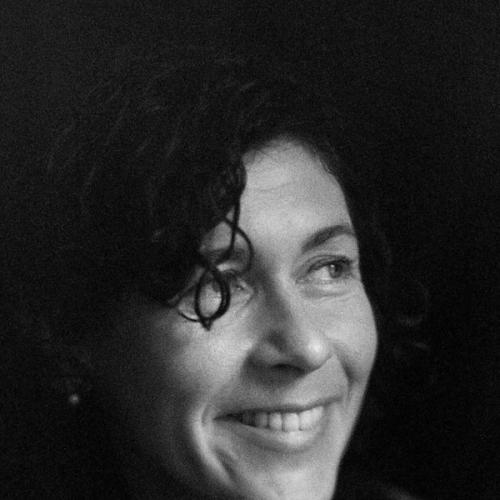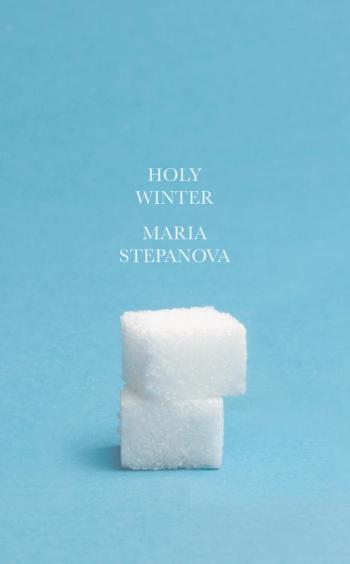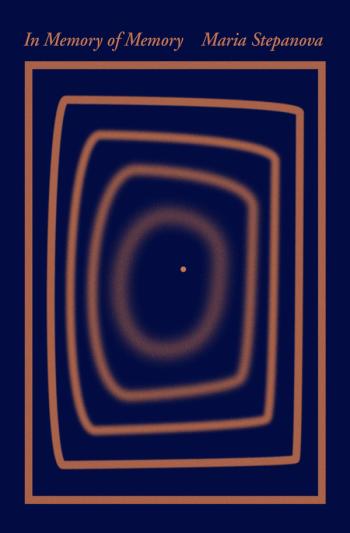The outbreak of Covid-19 cut short Maria Stepanova’s 2020 stay in Cambridge. Back in Russia, she spent the ensuing months in a state of torpor—the world had withdrawn from her, time had “gone numb.” When she awoke from this state, she began to read Ovid, and the shock of the pandemic dissolved into the voices and metaphors of a transformative, epochal experience. Her book-length poem Holy Winter, written in a frenzy of poetic inspiration, speaks of winter and war, of banishment and exile, of social isolation and existential abandonment. Stepanova finds sublime imagery for the process of falling silent, interweaving love letters and travelogues, Chinese verse and Danish fairy tales into a polyphonic evocation of frozen time and its slow thawing.
As a poet and essayist, Stepanova was a highly influential figure for many years in Moscow’s cosmopolitan literary scene until it was strangled by Putin, along with civil liberties and dissent. Like Joseph Brodsky before her, she has mastered modern poetry’s rich repertoire of forms and moves effortlessly between the languages and traditions of Russian, European, and transatlantic literature, potently yet subtly creating a voice like no other.
Her poetry, which here echoes verses by Pushkin and Lermontov, Mandelstam and Tsvetaeva, is not hermetic. She takes in and incorporates the confusing signals from social networks and the media, opening herself up to the voices of kindred poets like Sylvia Plath, Inger Christensen, and Anne Carson.


